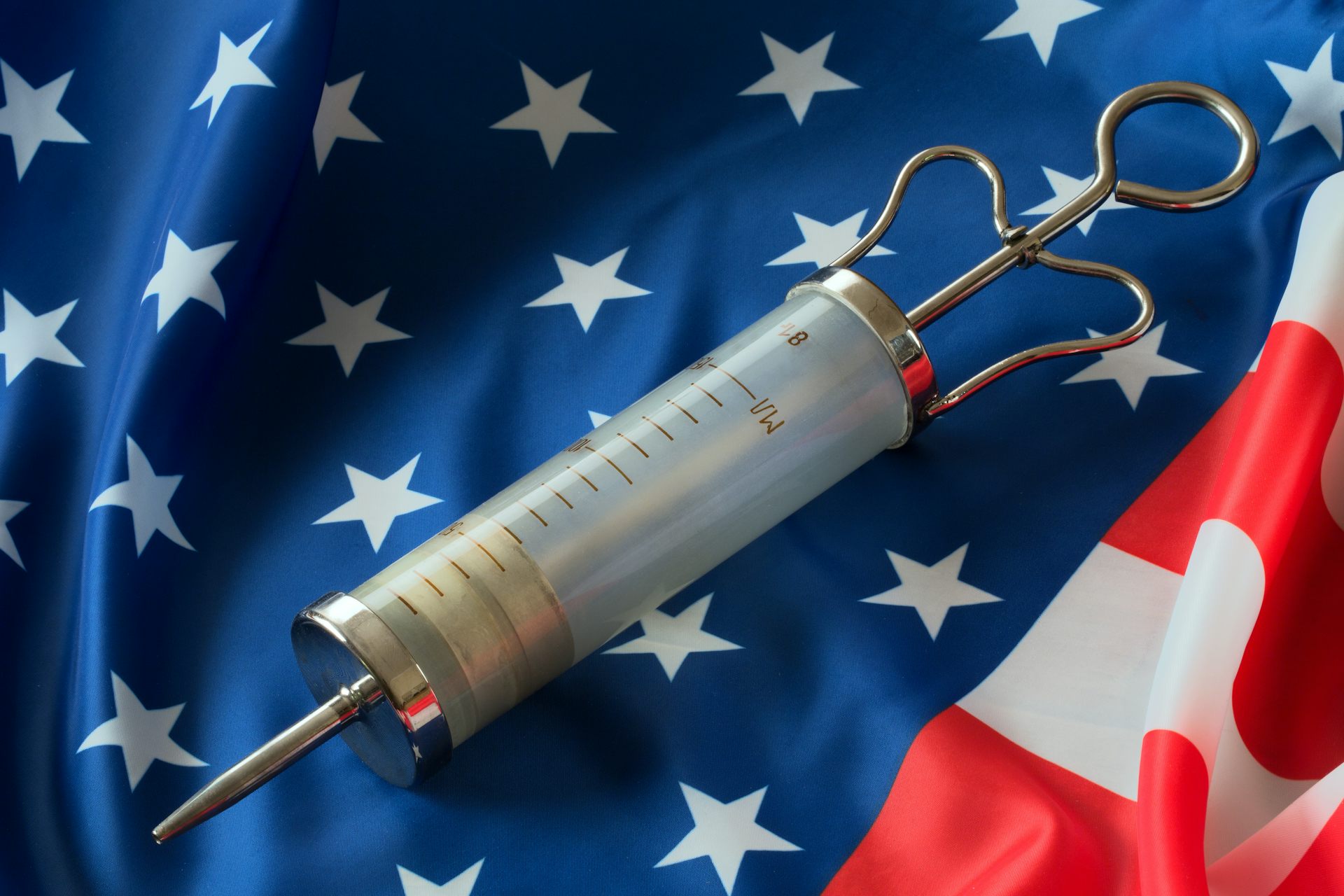What do students’ beliefs about God have to do with grades and going to college?
Researchers have spent decades studying how demographics affect American students’ opportunities and performance, but many questions remain about religion and school.

In America, the demographic circumstances of a child’s birth substantially shape academic success. Sociologists have spent decades studying how factors beyond students’ control – including the race, wealth and ZIP code of their parents – affect their educational opportunities and achievement.
But one often overlooked demographic factor is religion. The U.S. is the most devout wealthy Western democracy. Does a religious upbringing influence teens’ academic outcomes?
Over the past 30 years, sociologists and economists have conducted several studies that consistently show a positive relationship between religiosity and academic success. These studies show that more religious students earn better grades and complete more schooling than less religious peers. But researchers debate what these findings really mean, and whether the seeming effect of religiosity on students’ performance is really about religion, or a result of other underlying factors.
My latest research underscores that religion has a powerful but mixed impact. Intensely religious teens – who some researchers call “abiders” – are more likely than average to earn higher GPAs and complete more college education. By religious intensity, I refer to whether people see religion as very important, attend religious services at least once a week, pray at least once a day, and believe in God with absolute certainty. Theological belief on its own is not enough to influence how children behave – they also need to be part of a religious community. Adolescents who see an academic benefit both believe and belong.
On average though, abiders who have excellent grades tend to attend less selective colleges than their less religious peers with similar GPAs and from comparable socioeconomic backgrounds.
The takeaway from these findings is not meant to encourage people to become more religious or to promote religion in schools. Rather, they point to a particular set of mindsets and habits that help abiders succeed – and qualities that schools reward in their students.
Religious landscape
People of any religion can demonstrate religious intensity. But the research in my book “God, Grades, and Graduation: Religion’s Surprising Impact on Academic Success” centers on Christian denominations because they are the most prevalent in the U.S., with about 63% of Americans identifying as Christian. Also, surveys about religion tend to reflect a Christian-centric view, such as by emphasizing prayer and faith over other kinds of religious observance. Therefore, Christian respondents are more likely to appear as highly religious, simply based on the wording of the questions.
Based on a 2019 Pew survey and other studies, I estimate that about one-quarter of American teenagers are intensely religious. This number also accounts for people’s tendency to say they attend religious services more than they actually do.
The abider advantage
In my book, I examined whether intensely religious teens had different academic outcomes, focusing on three measures: secondary school GPA; likelihood of completing college; and college selectivity.
First, I analyzed survey data collected by the National Study of Youth and Religion, which followed 3,290 teens from 2003 to 2012. After grouping participants by religious intensity and analyzing their grades, I found that on average, abiders had about a 10 percentage-point advantage.
For example, among working-class teens, 21% of abiders reported earning A’s, compared with 9% of nonabiders. Abiders were more likely to earn better grades even after accounting for various other background factors, including race, gender, geographic region and family structure.
Then working with survey measurement expert Ben Domingue and sociologist Kathleen Mullan Harris, I used data from the National Longitudinal Study of Adolescent to Adult Health to see how more and less religious children from the same families performed. According to our analysis, more intensely religious teens earned higher GPAs in high school, on average, even compared with their own siblings.
But why?
Scholars like sociologist Christian Smith have theorized that increased religiosity deters young people from risky behaviors, connects them to more adults and provides them more leadership opportunities. However, I found that including survey measures for these aspects of teens’ lives did not fully explain why abiders were earning better GPAs.
To better understand, I went back to the National Study of Youth and Religion, or NSYR, and analyzed 10 years of interviews with over 200 teens, all of whom had been assigned individual IDs to link their survey and interview responses.
Many abiders made comments about constantly working to emulate and please God, which led them to try to be conscientious and cooperative. This aligns with previous research showing that religiousness is positively correlated with these traits.
Studies have underscored how habits like conscientiousness and cooperation are linked with academic success, in part because teachers value respect. These traits are helpful in a school system that relies on authority figures and rewards people who follow the rules.

Post-graduation plans
Next, I wanted to know more about students’ college outcomes, starting with where they enrolled. I did this by matching the NSYR data to the National Student Clearinghouse to get detailed information about how many semesters of college respondents had completed, and where.
On average, abiders were more likely to earn bachelor’s degrees than nonabiders, since success in high school sets them up for success in college – as also shown by my analyses of siblings. The bump varies by socioeconomic status, but among working-class and middle-class teens, abiders are more than 1 ½ to 2 times more likely to earn a bachelor’s degree than nonabiders.
Another dimension of academic success is the quality of the college one graduates from, which is commonly measured by selectivity. The more selective the institutions from which students graduate, the more likely they are to pursue graduate degrees and to secure high paying jobs.
On average, abiders who earned A’s graduated from slightly less selective colleges: schools whose incoming freshman class had an average SAT score of 1135, compared with 1176 at nonabiders’.
My analysis of the interview data revealed that many abiders, especially girls from middle-upper-class families, were less likely to consider selective colleges. In interviews, religious teens over and over mention life goals of parenthood, altruism and serving God – priorities that I argue make them less intent on attending as highly selective a college as they could. This aligns with previous research showing that conservative Protestant women attend colleges that less selective than other women do because they do not tend to view college’s main purpose as career advancement.
Grades without God
Being a good rule follower yields better report cards – but so can other dispositions.
My research also shows that teens who say that God does not exist earn grades that are not statistically different from abiders’ grades. Atheist teens make up a very small proportion of the NSYR sample: 3%, similar to the low rates of American adults who say they don’t believe in God.
In fact, there is a strong stigma attached to atheism. The kinds of teens who are willing to go against the grain by taking an unpopular religious view are also the kinds of teens who are curious and self-driven. NSYR interviews revealed that rather than being motivated to please God by being well behaved, atheists tend to be intrinsically motivated to pursue knowledge, think critically and be open to new experiences. These dispositions are also linked with better academic performance. And unlike abiders, atheists tend to be overrepresented in the most elite universities.
Ilana Horwitz does not work for, consult, own shares in or receive funding from any company or organization that would benefit from this article, and has disclosed no relevant affiliations beyond their academic appointment.
Read These Next
Schools are increasingly telling students they must put their phones away – Ohio’s example shows mix
While cellphone bans at schools can help students connect more with peers, they can also make students…
‘Inoculation’ helps people spot political deepfakes, study finds
Priming people to watch out for political deepfakes helps them question the AI-generated videos.
Philly theaters unite to stage 3 plays by Pulitzer-winning playwright James Ijames
The new subscription model shows how local theaters can work together to build audiences instead of…





